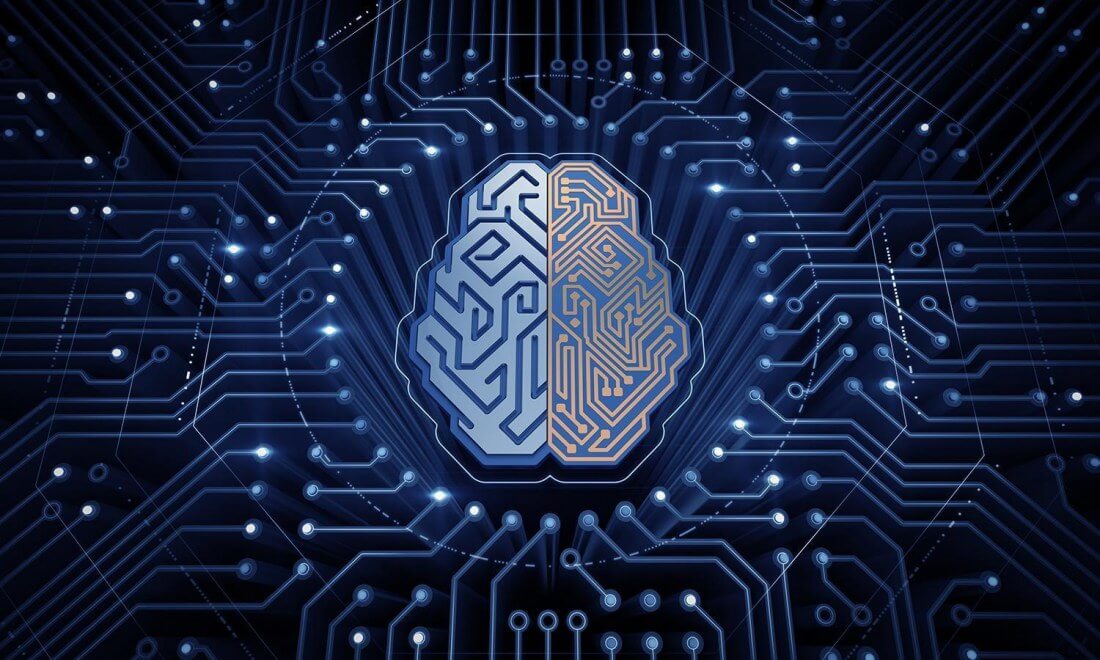In brief: In modern healthcare clinics, doctors can quickly become overworked. They have piles of scans to sift through, and dozens of patients to see, which can lead to mistakes. However, Google's DeepMind AI may be able to mitigate this problem in the future - it can now accurately diagnose over 50 "sight-threatening" illnesses in a matter of seconds.

The fear that technology and artificial intelligence will eventually replace many jobs was once a ridiculous notion. However, over time, machine learning and robotics have advanced enough that those concerns are becoming a reality.
Robots have already proven capable of replacing factory and food preparation jobs, but some professions have always seemed safe, such as the practice of medicine. After all, how could an AI replace a human's intuition or attention to detail?
Well, it seems that's precisely what Google has accomplished with DeepMind. The company's neural network-based AI is famous for playing against (and beating) top Chess and Go players in the past, but now it's making a splash in the medical community as well.
In partnership with the Moorfields Eye Hospital, Google has announced that DeepMind can now diagnose more than 50 "sight-threatening" eye diseases with the same accuracy you'd expect from "world-leading" doctors.
As the DeepMind team notes in a blog post, doctors, however skilled they may be, are only human - it can take them quite some time to sift through their pile of eye scans and diagnose various illnesses.
This delay can lead to patients losing their eyesight due to rapidly-progressing diseases. The DeepMind team says this is precisely the issue they want to prevent moving forward. Google's AI can interpret an optical coherence tomography scan in mere seconds, which could drastically improve the quality of a given patient's care.
If this technology sounds interesting to you, don't get too excited. Although early results are promising, there's no guarantee that DeepMind or similar tech will ever be used in actual clinics.
There are numerous regulatory hurdles for the AI creators to overcome, not to mention the moral questions that will inevitably be raised about allowing machines to diagnose humans.
https://www.techspot.com/news/75941-google-deepmind-ai-can-now-diagnose-eye-diseases.html